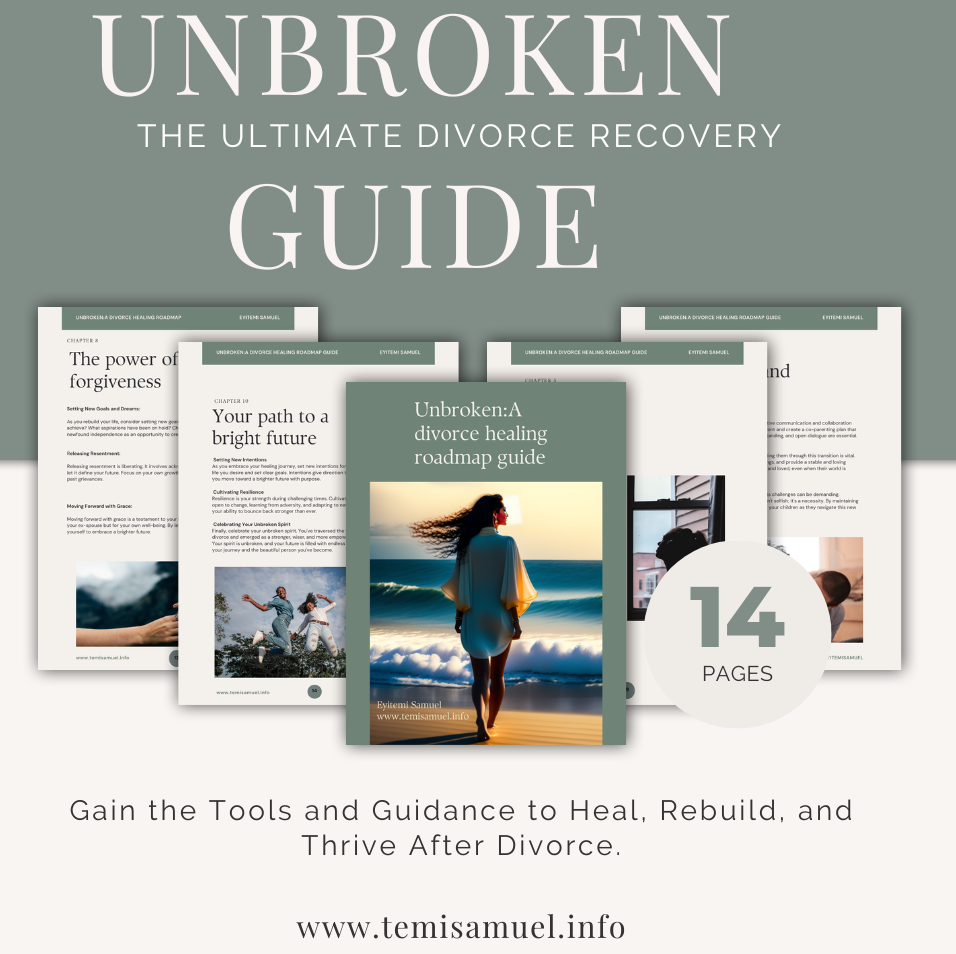Toxic positivity isn’t just annoying—it’s exhausting. When you’re constantly forcing a smile, ignoring real emotions, or brushing off pain with “good vibes only,” you’re deep in the signs of toxic positivity.
It’s time we start rejecting toxic positivity and make space for honesty over forced positivity.
KEY POINTS
- When positivity is forced, it can dismiss valid emotions.
- Feeling sad, angry, or frustrated is part of being human.
- Instead of saying “Look on the bright side,” ask, “How can I support you right now?”
In today’s culture of relentless optimism, phrases like “Stay positive!” or “Just be grateful!” are often shared with the best intentions. But when positivity is forced, it can dismiss valid emotions and leave people isolated in their struggles.
I have heard far too many clients in counseling share that they feel guilty for “feeling bad.” In our current social media-driven world filled with posts representing our “best selves,” it is understandable that many feel bad about “feeling bad.”
Check out these two scenarios below.
Related: The Hidden Dangers Of Toxic Positivity
Two Scenarios of Problematic Positivity
Take Elise, a 29-year-old marketing manager who was a counseling client going through a breakup.
When she confided in a friend about her heartbreak, she was met with, “At least you’re free to find someone better!” Instead of feeling supported, Elise felt dismissed. “I just needed someone to listen,” she told me later.
Take Ryan, a 40-year-old father grappling with job insecurity. After venting his anxieties to his family, they responded, “You’ll figure it out—you always do!” While well-meaning, the comment made him feel unheard and alone.
This phenomenon is called toxic positivity—the belief that positive thinking is the only acceptable way to process life’s challenges. While optimism has its place, denying or minimizing negative feelings can do more harm than good.
Signs of Toxic Positivity
- Minimizing Emotions: Saying things like, “It could be worse,” instead of acknowledging someone’s pain.
- Avoiding Difficult Conversations: Skipping over uncomfortable topics to “keep the peace.”
- Feeling Shame for Struggling: Believing that feeling sad, angry, or anxious means you’ve failed.
If you recognize these behaviors in yourself or others, it’s time to rethink how you approach challenging emotions.

What You Can Do Instead
1. Validate Feelings
Instead of offering a quick fix, listen and acknowledge emotions. When Elise shared her heartbreak, a better response could have been, “That sounds painful. I’m here for you.”
2. Balance Positivity with Realism
Ryan’s family could have said, “This is a tough time, but we believe in your ability to handle it.” This approach offers support without glossing over struggles.
3. Practice Emotional Honesty
If you’re the one struggling, permit yourself to feel. Journaling or speaking with a trusted friend can help process emotions without judgment.
4. Normalize the Full Spectrum of Emotions
Remind yourself—and others—that feeling sad, angry, or frustrated is part of being human. True resilience comes from facing emotions, not suppressing them.
Final Thoughts
Life isn’t always sunshine and rainbows, and that’s okay. By rejecting toxic positivity, you make space for authentic connections and more profound emotional healing.
Related: Toxic Positivity: Why It Is Not Always A Good Thing
The next time you or someone you love struggles, try this: instead of saying, “Look on the bright side,” ask, “How can I support you right now?”
Sometimes, the best way to help is to be there.
References:
Ishan Sanjeev Upadhyay, KV Aditya Srivatsa, and Radhika Mamidi. 2022. Towards Toxic Positivity Detection. In Proceedings of the Tenth International Workshop on Natural Language Processing for Social Media, pages 75–82, Seattle, Washington. Association for Computational Linguistics.
Margo Lecompte-Van Poucke, (2022). ‘You got this!’: A critical discourse analysis of toxic positivity as a discursive construct on Facebook,
Applied Corpus Linguistics, Volume 2, Issue 1, 100015, ISSN 2666-7991, https://doi.org/10.1016/j.acorp.2022.100015.
Written By Jeffrey Bernstein Ph.D.
Originally Appeared On Psychology Today

— About the Author —
Jeffrey Bernstein, Ph.D., is a nationally recognized parent coach and psychologist. He has over 30 years experience providing child, adolescent, couples, family counseling and coaching. Dr. Bernstein conducts seminars and public speaking events on child/teen/adult child behavior, self-esteem, addictions, self-mutilation, ADHD, learning disabilities, discipline, difficult children, parenting issues, personal wellness, workplace challenges, and leadership development throughout the greater Philadelphia area. His work has been profiled in several media sources, including radio in several countries, twice on The Today Show, Court TV as an expert advisor, and NBC National News. Bernstein also has been repeatedly quoted in Men’s Health and Cosmopolitan Magazines.


